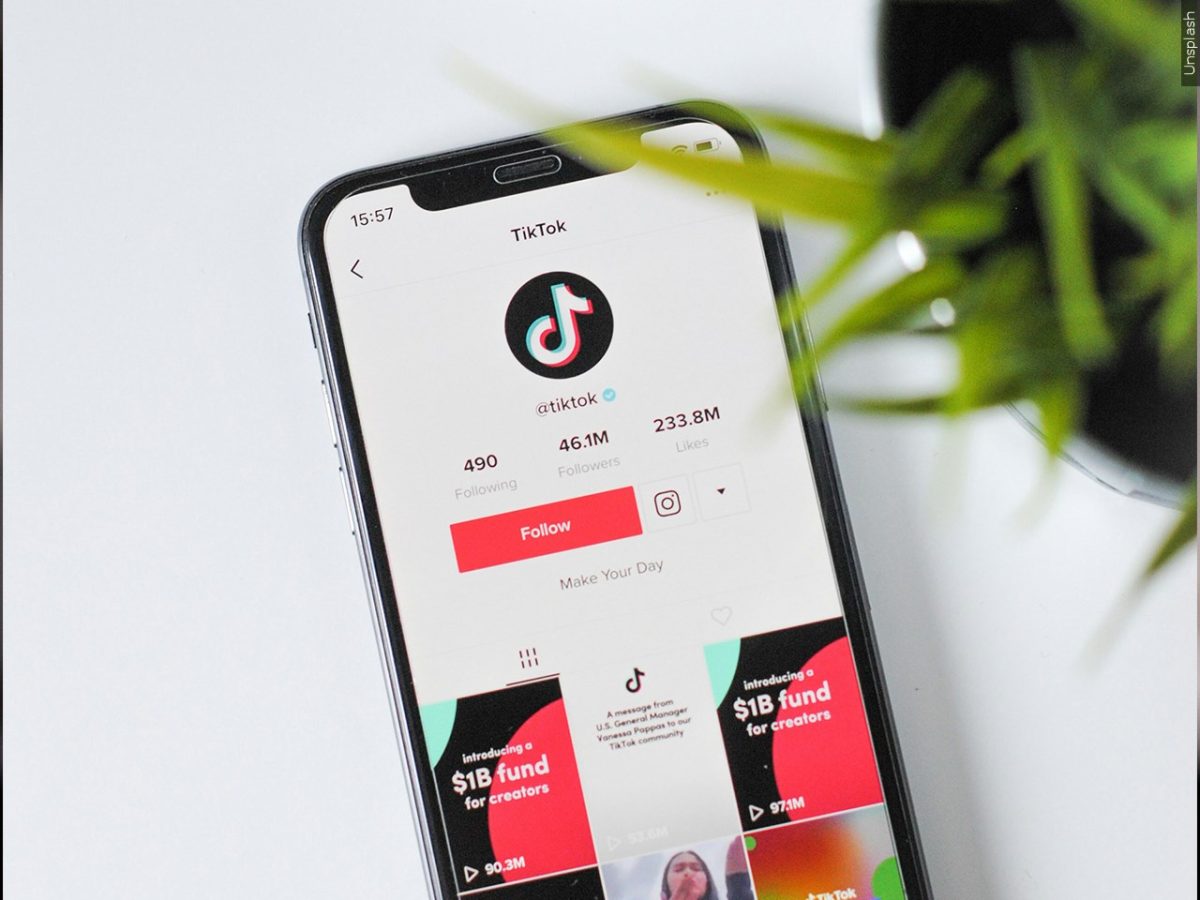The United States House of Representatives recently passed a bill giving company ByteDance, the owners of the video app TikTok, two choices: They can either find a buyer for the app within six months, or the app will become illegal to download in the U.S. The Senate now holds the fate of the app in their hands, as voting will be held next month.
As long as the app is owned by what the bill names as “foreign adversaries,” calling back to the app’s parent company, ByteDance, being a Chinese-owned and operated tech company, Americans will not be able to search for the app on any browsers. Also, Google and Apple will have to remove it from their respective app stores.
This will not heavily impact the 170 million Americans who already have the app downloaded on their devices, but it will make it impossible to update the app. This will cause the app to become slow and buggy.
TikTok will not disappear overnight in the event this bill is passed. Instead, the app will have a slow, gradual demise.
“I don’t understand why this is all of a sudden a big issue for people,” said Sara Henderson, a sophomore nursing major. “I feel like TikTok, if anything, is just a fun thing. They have already taken away a bunch of the sounds, and I am a big swiftie, and they took all her music off the app too.”
TikTok has stated that they support over 5 million small businesses in the U.S. In their latest ad, ByteDance has spent around $2.1 million in a campaign showing how TikTok helps grassroots business owners.
These grassroots ads have been popping up all over the app, starring TikTok creators whose businesses have grown from the app. Each one stars a different content creator sharing their unique story about how TikTok has helped them personally.
“I have actually seen one of the ads on TikTok, and I was so confused because I didn’t realize it was actually banned,” said Ansley Talafous, a senior education major.
TikTok has some time to get their arguments ready for the Senate trial, as they were caught off guard during the House of Representatives votes. Tiktok’s defense revolves around their argument that this ban would be unconstitutional and goes against the First Amendment’s freedom of speech protections. They are planning to meet with lawmakers throughout this month and next, ahead of the Senate vote.
“I love TikTok, and I am on that app all the time,” said Sara Thomas, a freshman nursing major. “I would be really mad if it was banned.”
The Senate has not set a date as to when that vote will take place.


